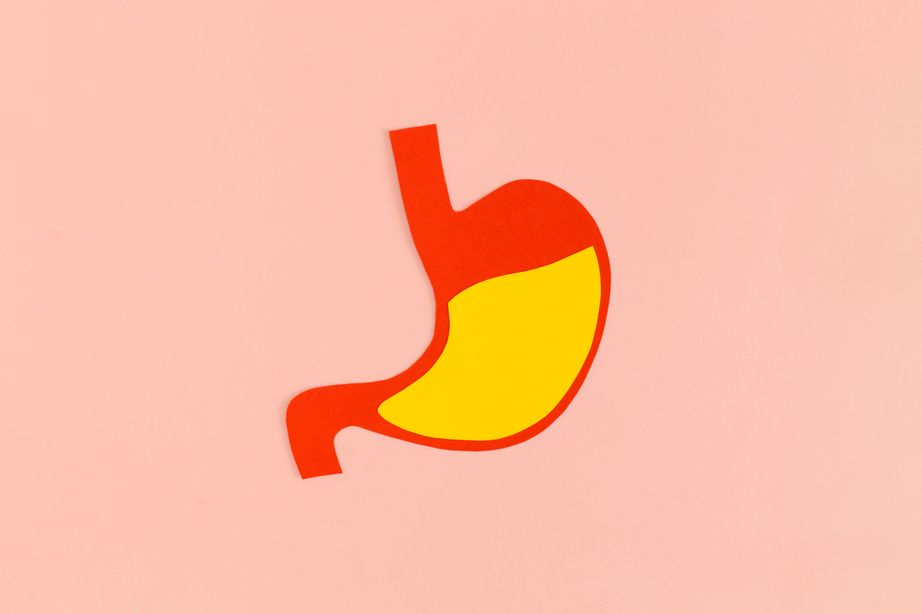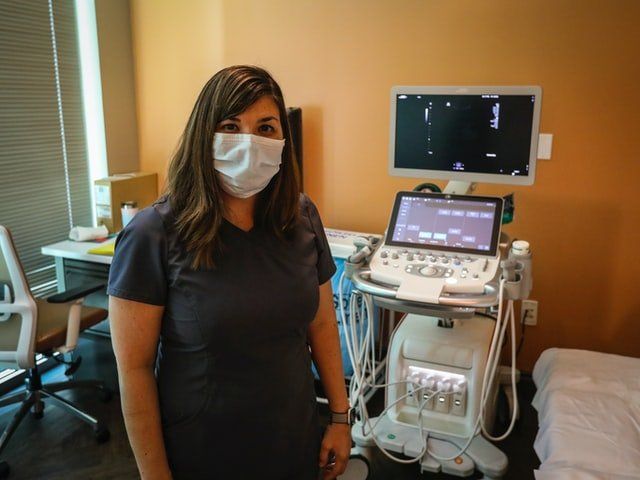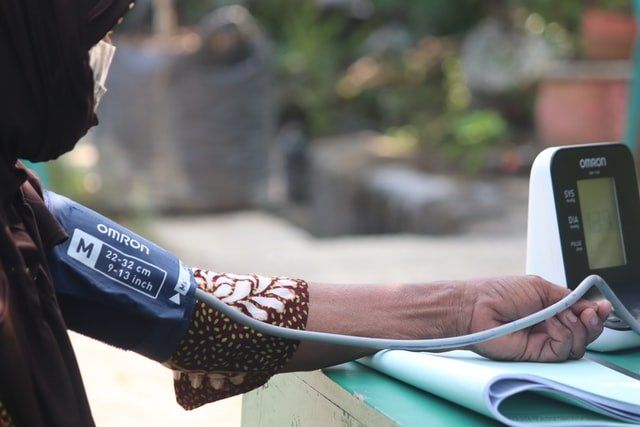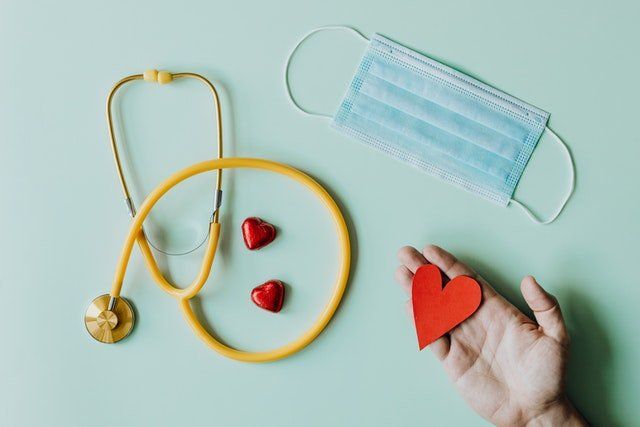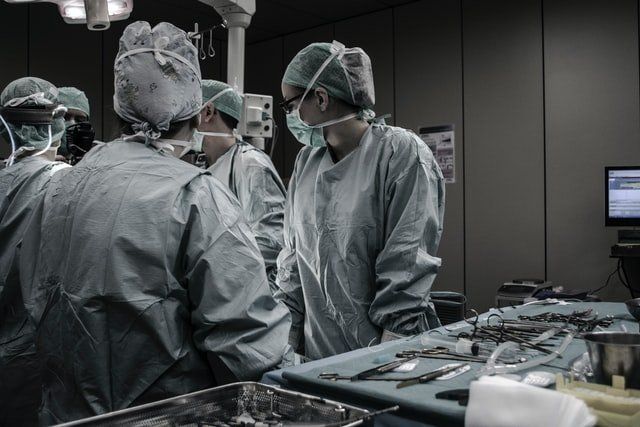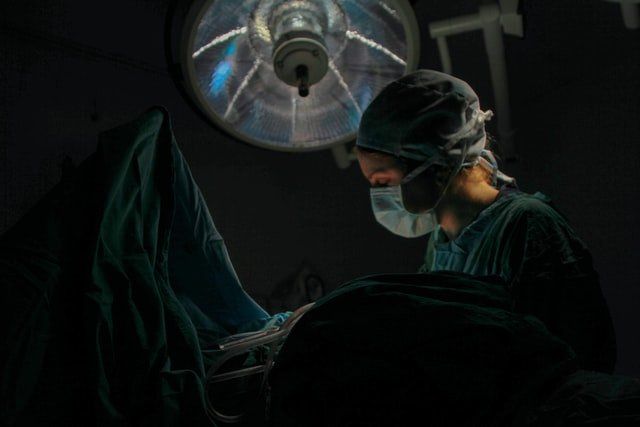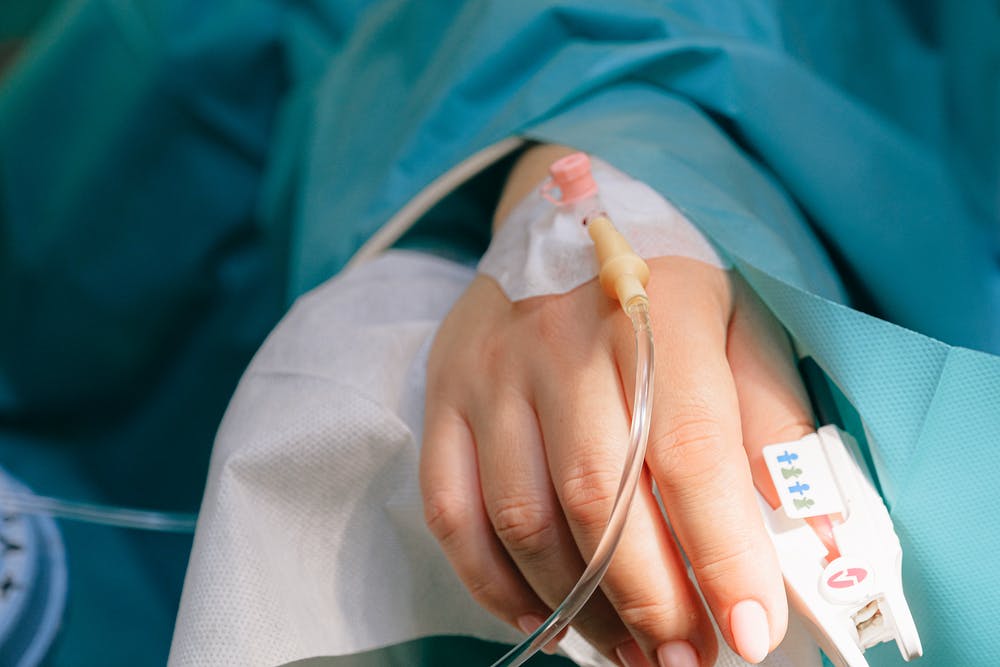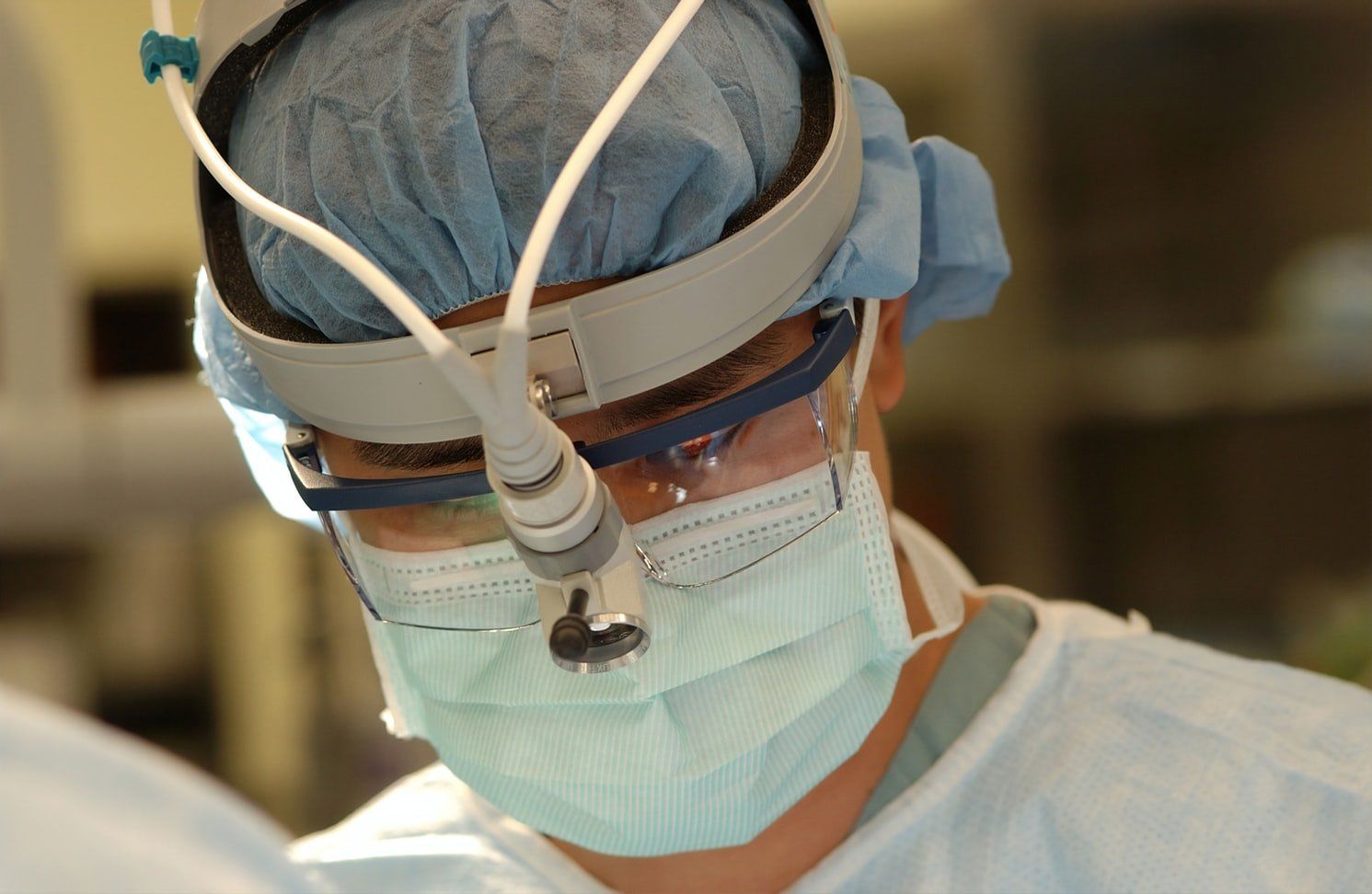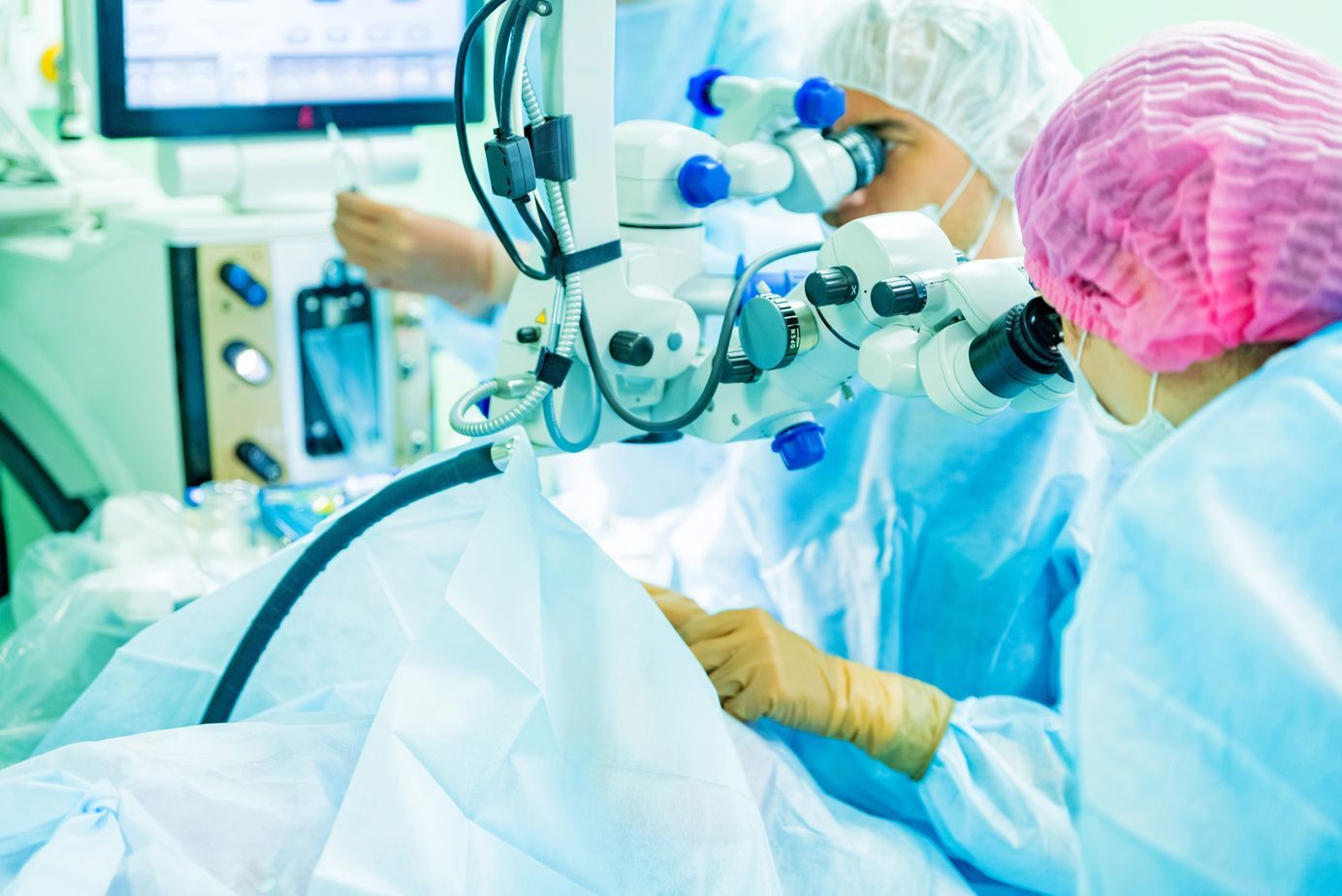Understanding the Different Types of Esophageal Disorders
Do you frequently experience heartburn or swallowing problems? This may be caused by esophageal disorders that affect the esophagus or the tube that carries food from the mouth to the stomach.
Esophageal disorders such as gastroesophageal reflux disease (GERD), achalasia, and Barrett’s esophagus can cause discomfort when swallowing and risk esophageal cancer. Some of these disorders may require an endoscopic ultrasound for diagnosis and treatment.
This article will run you through everything you need to know about esophageal disorders.
Understanding Esophageal Disorders
The esophagus is the tube that carries food from the mouth to the stomach. It is an essential organ that aims to keep food in the stomach and prevents it from going back into the mouth.
Esophageal disorders are conditions that affect the structure and functions of the esophagus. They can be caused by various factors, including lifestyle habits, genetics, and even some medications.
Types of Esophageal Disorders
There are different esophageal disorders, each having its own causes, symptoms, and treatments.
- GERD: This is the most common esophageal disorder and happens when the lower esophageal sphincter doesn’t close properly. This sphincter prevents the stomach contents from flowing into the esophagus. GERD causes stomach acid and food to flow back into the esophagus, commonly known as heartburn or acid reflux.
- Barret’s Esophagus: When acid reflux is untreated or chronic, the esophagus lining starts to resemble the stomach lining and intestinal cells. This puts you at a higher risk of developing esophageal cancer.
- Achalasia: The cause of this disorder is unknown, and it is believed to be an autoimmune disease. This condition prevents food from entering the stomach as the esophageal sphincter does not open and traps the food.
- Esophageal Cancer: Esophageal cancer can either be squamous cell carcinoma or adenocarcinoma. You can be at higher risk if you smoke, are exposed to radiation, have frequent acid reflux, or have an HPV infection.
- Eosinophilic Esophagitis: When white blood cells or eosinophils become too abundant in the esophagus, this can cause inflammation or swelling of the esophageal lining.
- Esophageal Spasms: These are abnormal muscle contractions in the esophagus that prevents food from reaching the stomach.
- Esophageal Diverticulum: This condition develops when a spot in the esophagus is weak, and an outpouching occurs.
- Esophageal Strictures: This happens when the esophagus becomes too narrow that food and liquid pass slowly to the stomach.
- Hiatal Hernias: This condition occurs when the upper part of the stomach protrudes above the opening in the diaphragm and sits in the chest.
Factors That Put You at Risk of Esophageal Disorders
Some factors put you at a higher risk of developing an esophageal disorder. These include:
- Alcohol and tobacco use or exposure to secondhand smoke
- Obesity
- Pregnancy
- Side effects from medications such as antibiotics, pain relievers, antidepressants, etc.
- Radiation exposure due to radiation therapy to the neck or chest
Early Signs of Esophageal Disorders
There are some early signs of esophageal disorders you must look out for and seek medical attention. These include:
- Having difficulty swallowing or feeling like there is something stuck in your throat
- Heartburn or a burning feeling in your chest
- Indigestion or a burning sensation in your stomach
- Regurgitation of stomach acid or food coming back to your esophagus
- Vomiting
- Pain in the chest, abdomen, or back
- Chronic cough or sore throat
Your doctor may require a GERD endoscopy or an upper endoscopy to examine the upper part of the digestive tract. This uses an extended, thin scope that checks for signs of inflammation, cancer, or other diseases.
There are also esophageal pH test measures, gastrointestinal x-rays, and other tests to diagnose these problems.
Conclusion
Esophageal disorders are common digestive issues that can be easily diagnosed and treated as long as you know what to look out for.
If you think you may be suffering from one of these disorders, please see your doctor receive a proper diagnosis and treatment.
Are you looking for the
best gastroenterologist in NJ to help with your esophageal disorder? Michel Kahaleh Gastroenterologist has extensive knowledge, experience, and passion for helping you diagnose your problem. Send us a message to learn more!

